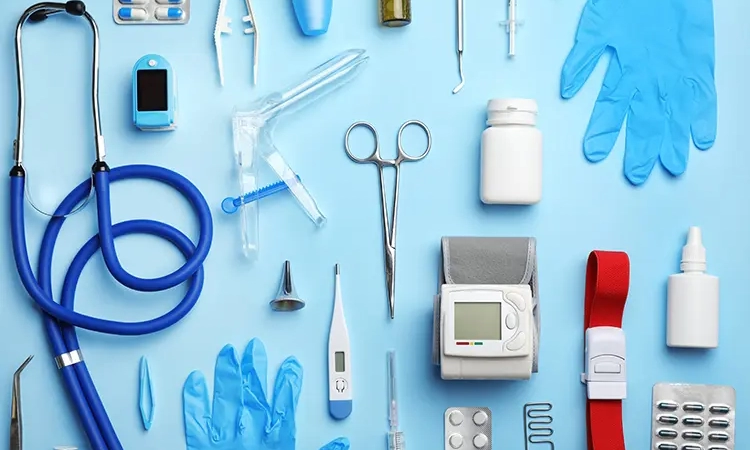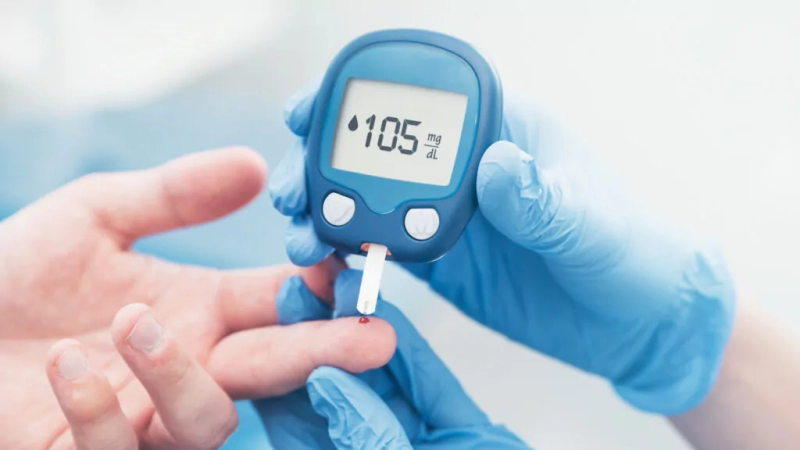With the new government in place, policies to encourage local manufacturing is being stressed on. Additionally, with the growth of the medical device market in India, steps to ensure fair play in the market is being taken. After the draft policy for regulating medical devices has been released earlier this month, the government of India takes its first step to regulate the medical device which is worth $4 billion in the country. The policy got a good response from the industry with plans to boost local manufacturing. India being the world’s third-largest pharmaceutical market, the medical device market is behind with 70 percent imports, primarily from the US.
The draft policy by the CDSCO also proposes price control on medical devices. Rajiv Nath of the Association of Indian Medical Device Industry (AIMED) said “We are importing Audis and Mercedes, but the consumer also needs Maruti Suzukis and Tata Nanos as well.” Johnson and Johnson and Becton Dickinson has manufacturing plants already while Philips, General Electric and Siemens AG are ramping-up their India operations. Indian medical device could be $50 billion by 2015 says the analysts.
Currently several medical devices are regulated by the CDSCO. They include spinal implants, dental implants, stents, surgical sealants, orthopedic products, catheters, syringes, cannula etc. A complete list of notified medical devices can be found here. Suitable strategies for medical device manufacturers to enter the Indian market can be found here.
Other News
India Medical Device Pricing Strategy: Ensuring Growth & Affordability
India’s National Pharmaceutical Pricing Authority (NPPA) is developing a specialized India medical device pricing strategy for medical devices, transitioning away from the conventional drug-centric framework. This innovative strategy will incorporate international pricing tactics tailored to […]
Read MoreImports of High-Value Medical Equipment
High-Value Medical Equipment The Central Drugs Standard Control Organization (CDSCO) and the Central Board of Indirect Taxes & Customs have released a new circular, “F.No.401/40/2021-Cus.III,” detailing updated policies on the import of used high-end medical […]
Read MoreSEC Committee: Pioneering Medical Approvals
New important article released by Central Drugs Standard Control Organization (CDSCO) titled “SEC – Special Expert Committee, Medical Devices”. Key highlights include the streamlined processes for CDSCO application evaluations, preparation and significance of briefing materials, […]
Read MoreErlySign Oral Cancer Detection Technology Gets CDSCO Nod
ErlySign, a Nagpur-based biotech startup, has received approval from the Central Drugs Standard Control Organization (CDSCO) to conduct large-scale clinical trials for its novel oral cancer detection technology. The approval for ErlySign follows a rigorous […]
Read MoreAdditional Steps Announced by FDA to Modernize Clinical Trials
The U.S. Food and Drug Administration has made draft guidance available with updated recommendations for good clinical practices (GCPs), which are intended to modernize the clinical trial design and conduct while maintaining data integrity and […]
Read MoreAccreditation and Registration Numbers for Foreign Manufacturers Publication by PMDA
This article deals In accordance with the Pharmaceuticals and Medical Devices Act (PMD Act) of Japan, foreign businesses that wish to produce pharmaceuticals, quackery products, active pharmaceutical ingredients (APIs), or medical devices abroad and import […]
Read MoreBSI New Certification to Mitigate Antimicrobial Resistance Risk in Antibiotic Manufacturing
BSI, the business improvement and standards company, has developed a new certification to mitigate the risk of antimicrobial resistance (AMR) in antibiotic manufacturing. The certification, called the Minimized Risk of Antimicrobial Resistance (AMR) certification, will […]
Read MoreTUV SUD Inspects IVD Medical Devices’ Cyber Security
The growing digital connectivity of medical infrastructure is resulting in complicated systems with a plethora of diverse interfaces that are potentially vulnerable to assault. The IVD requires producers to provide proof of cyber security before […]
Read More


